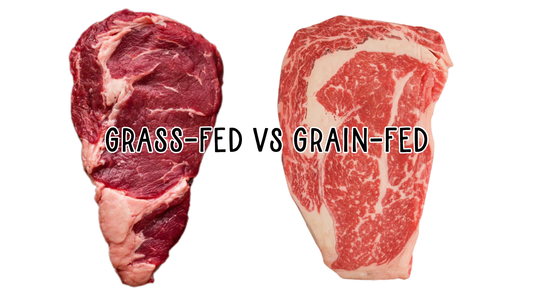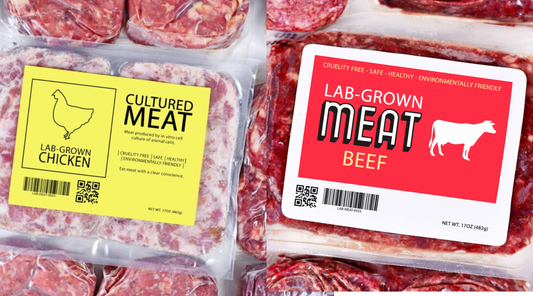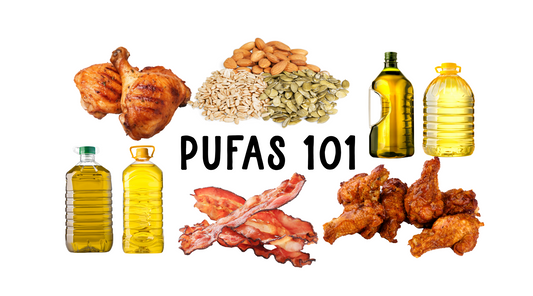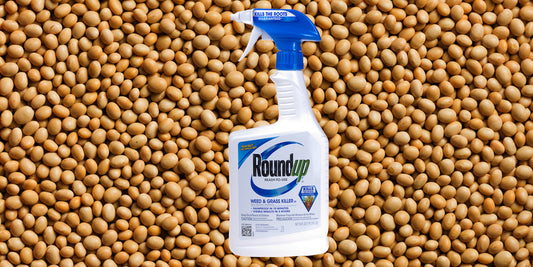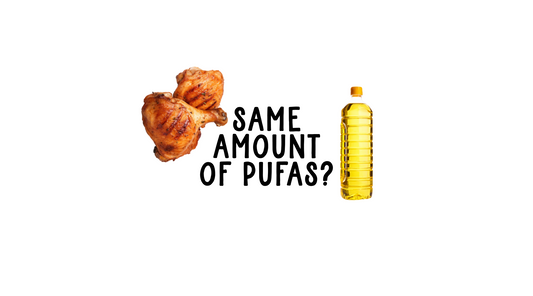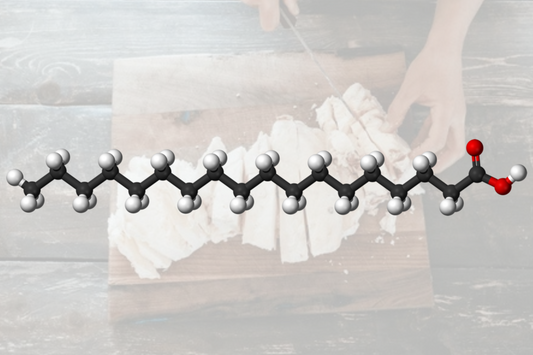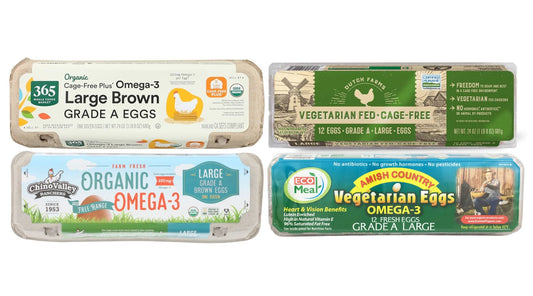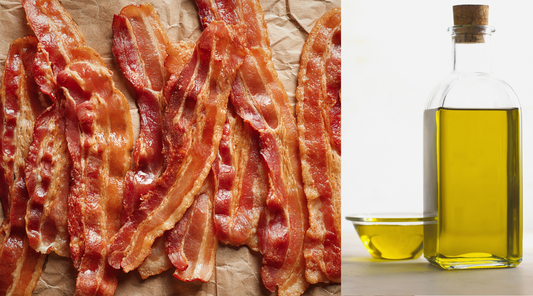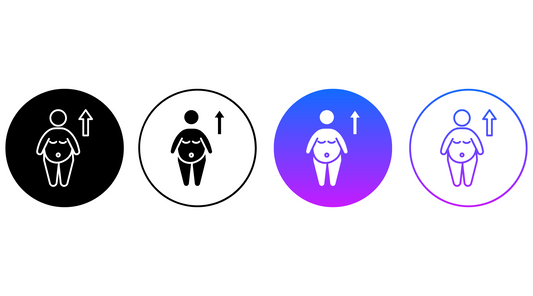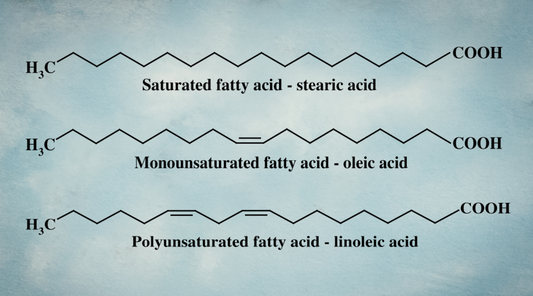
The Big Fat Lie: ‘Heart-Healthy’ Seed Oils and Cholesterol Myths
Are Seed Oils Really “Heart-Healthy”?
This post was inspired by a comment on a recent YouTube video we shared over on the Nourish Food Club channel. Someone repeated the old belief that seed oils are heart-healthy and that saturated fat and cholesterol are dangerous. Honestly, I thought this idea had died off with margarine replacing butter in the ’90s, but clearly, it’s still alive and well.
So let’s clear things up.
No, seed oils are not more heart-healthy than animal fats, despite what we’ve been told for decades…
In fact, the science now shows that dietary cholesterol isn’t the main driver of blood cholesterol levels. This shift in understanding was reflected in 2015 when the U.S. Dietary Guidelines removed cholesterol from its list of “nutrients of concern,” citing a lack of evidence linking dietary cholesterol to increased serum cholesterol.
Still, the narrative persists: that PUFA-rich seed oils lower cholesterol, while saturated fats raise it and cause heart disease. This claim has conveniently supported the interests of industries selling seed oils, ultra-processed foods, and cholesterol-lowering statins - benefiting Big Ag and Big Pharma at the expense of public health.
But this narrative misses a fundamental truth: high blood cholesterol is largely the result of endogenous (internally produced) cholesterol, not the cholesterol you eat. Your body regulates cholesterol production based on demand, and blood levels are influenced more by metabolic health and hormonal signals than by dietary intake alone.
For example, hypothyroidism (a low thyroid state) is one common, often overlooked reason for elevated cholesterol. 1 When thyroid hormone levels are low, the conversion of cholesterol into vital substances like bile acids and steroid hormones slows down, causing cholesterol to accumulate in the blood. This conversion process depends on both thyroid hormone and fat-soluble vitamins (especially A and D). So while high cholesterol may be a sign that something is off, the solution isn’t to demonize dietary cholesterol - it’s to address the underlying metabolic dysfunction.
Cholesterol itself is far from harmful. It’s essential for building cell membranes, producing hormones, protecting brain and nerve function, and helping the body absorb fat-soluble nutrients. It was never the villain.
Meanwhile, the widespread use of seed oils has no historical precedent. These oils are a modern invention, introduced into the food system just over a century ago. They’re typically highly refined, extracted using high heat and chemical solvents, often from genetically modified crops. Despite being marketed as “heart-healthy,” these oils are chemically unstable, easily oxidized, and have been linked to inflammation, oxidative stress, and disrupted metabolism.
In contrast, animal fats like tallow and butter have nourished humans for generations. These traditional fats are whole, nutrient-dense, and rich in fat-soluble vitamins - and yes, cholesterol. There’s no reason to fear foods like eggs, tallow, and butter, which have been staples in human diets long before seed oils ever entered the picture. These foods work with your body to support metabolic function, not against it.
Maybe it’s time we question the real “heart-healthy” story we’ve been told? (or sold)







